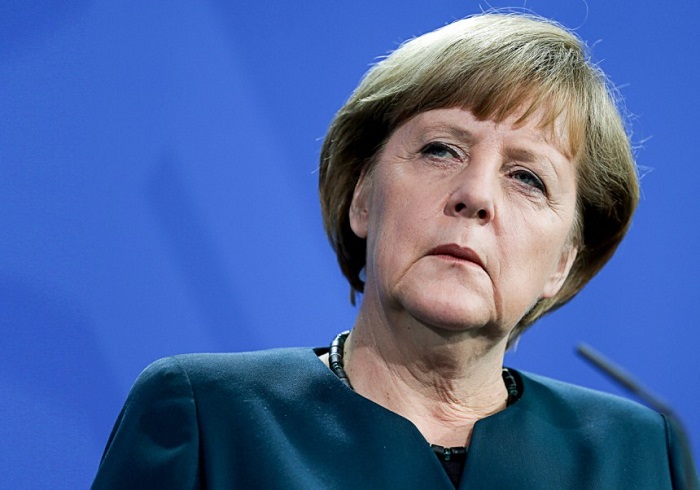Under intense pressure to preserve stability and avoid new elections, the SPD reversed its position and agreed to talk to Ms Merkel, raising the prospect of a new grand coalition, which has ruled for the last four years, or a minority government.
"An alliance of the conservatives and SPD is the best option for Germany - better, anyway than a coalition with the Free Democrats and Greens, new elections or a minority government," Horst Seehofer, head of Bavaria's CSU, told Bild am Sonntag.
Several European leaders have stressed the importance of getting a stable German government in place quickly so that the bloc can discuss its future, including Brexit and proposals by French President Emmanuel Macron on eurozone reforms.
Ms Merkel says Berlin can do business as things stands as she is leading an acting government with most of her former ministers, including SPD ones, still in post until a new coalition is formed.
She said on Saturday she would pursue a grand coalition and an Emnid poll showed on Sunday that 52 percent of Germans backed a grand coalition. Support for Merkel's conservative bloc was up 2 points at 33 percent from a week ago and the SPD was up 1 point at 22 percent.
The youth wing of Ms Merkel's conservatives raised pressure on the parties to get a deal done by Christmas.
"If there is no coalition agreement between the conservatives and SPD by then, the negotiations will be seen as having failed," said the Junge Union, Bild am Sonntag reported.
The head of the group told the paper if the SPD did not agree, then conservatives should pursue a minority government.
This is an option Ms Merkel is not keen on due to its inherent instability but commentators have said one possibility could be for the conservatives and Greens to form a minority government with the SPD supporting at least some policies.
The Greens agreed on Saturday that they were open to joining a minority government.
Ms Merkel, whose conservatives won most parliamentary seats in a Sept. 24 vote but bled support to the far-right, has already set out some of her priorities. She wants to maintain sound finances in Germany, cut some taxes and invest in digital infrastructure.
She has to keep Bavaria's CSU on board by sticking to a tougher migrant policy which may also help win back conservatives who switched to the far-right Alternative for Germany (AfD) which opposed her open-door migrant policy.
The SPD, who hit their lowest post-war level in the election and had vowed to go into opposition to regroup, also need to get some of their policy ideas through.
To try to secure party unity, leader Martin Schulz has promised members a vote on talks and senior SPD members have outlined their conditions, including investment in education and homes, changes in health insurance and no cap on asylum seekers.
In a foretaste of the forthcoming wrangling, Seehofer warned that the SPD must not set too many conditions. "There will not be a grand coalition at any price," he said.
More about: #Germany















































